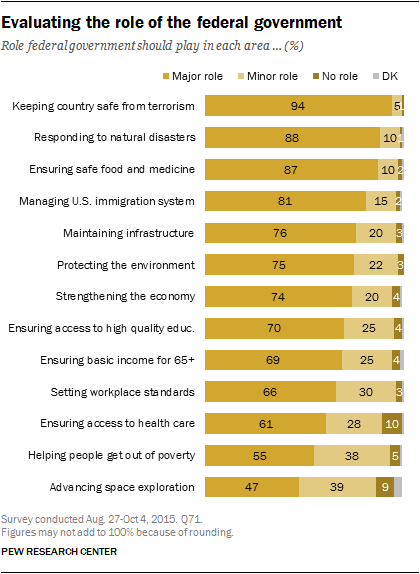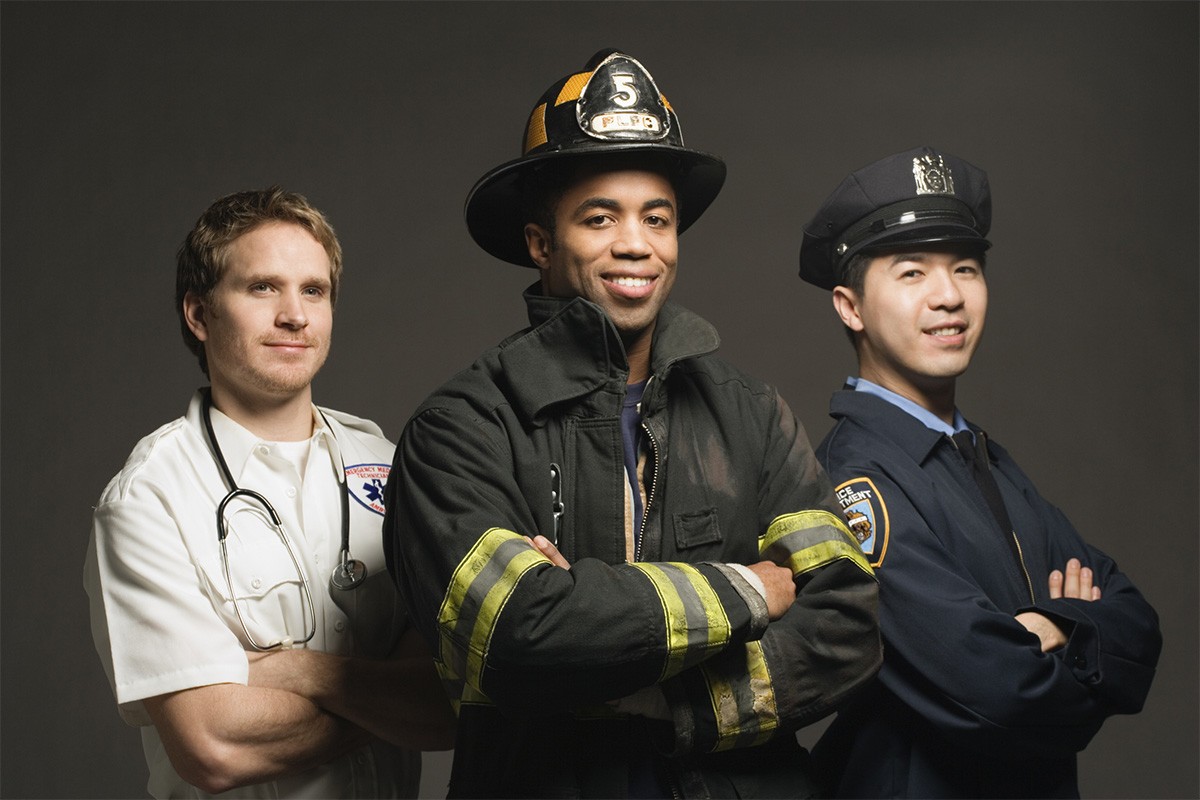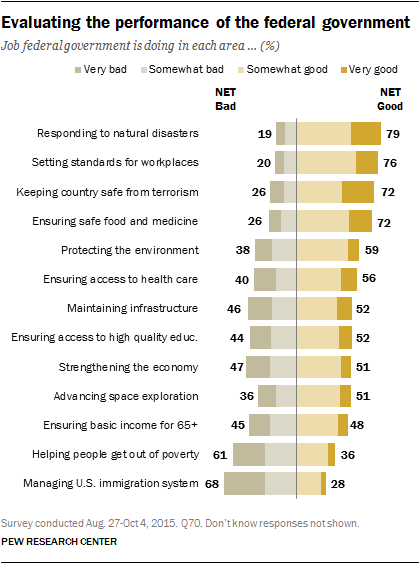For some, the term “public service” brings to mind government agencies and policy changes. For others, it represents the brave men and women who put their lives on the line to save others. And still others, the concept of public service is more multifaceted, encompassing everything from the director of the local food bank to the nurses administering vaccines at the community health clinic.
The fact is public service encompasses all of these facets and then some. In this article, we explore the importance of public service and lay out four reasons why you may want to serve your community in your career.
What Is Public Service?
The technical definition of public service is a service provided by the government to the people in a specific jurisdiction. Services may be provided by the government itself, or they pay a private organization to provide them. For instance, a fire or police department is a government-run agency, but trash pickup provided by an independent contractor is a public service financed by the jurisdiction.
Why Public Service Matters
The importance of public services – and public servants – cannot be overstated. In a Pew Research survey, more than 80% of respondents said they felt the government should play a major role in responding to terrorism and natural disasters, ensuring food and medicine are safe, and managing the immigration system. Maintaining the country’s infrastructure, protecting the environment, strengthening the economy, and ensuring access to education were also considered important government priorities.

The same survey revealed that satisfaction with these efforts among Americans is relatively high. More than 70% of respondents said they thought the government was doing a “very good” or "somewhat good" job responding to natural disasters, setting standards for workplaces, keeping the country safe from terrorism, and managing food and medicine safety. Although satisfaction with certain efforts, such as the reduction of poverty, received a less favorable opinion, the ultimate takeaway is that public service matters.
Reasons to Enter Public Service
Beyond the public expectation that the government will provide certain services, public service matters for other reasons and represents a viable career option. Simply put, the array of public service career options is endless, especially as the lines between government, nonprofit agencies and the private sector become increasingly blurred. Regardless of where your passion lies, public service presents opportunities.
If you’ve been considering a career in public service, think about these four reasons to enter a field like criminal justice, EMS, emergency management, fire science, homeland security or public administration.
1. Saving Lives
Often, when you ask someone why they entered the public service, their answer is “I wanted to make a difference.” What that looks like varies from person to person. For some, it’s rewriting public policy to effect change in a specific community, while for others it’s working in the field, providing life-saving assistance in emergencies. The concept of saving lives means different things to different people, but the desire to give everyone a fair shot at life underpins nearly every public service role.
2. Improving Communities
In an essay about public service for the Alliance of Innovation, Tracy Miller, the organization’s Florida regional director, wrote “You do not have to wonder as a citizen if you will have clean water to your home, or street lights that operate, or an ambulance when you dial 911. These have become givens in our lives and it is largely due to the stewards of our public dollars who balance the needs of the people they serve.”
These services do often have challenges, and there are needs for additional services to keep a community running safely and efficiently. Entering public service provides the opportunity to become a steward of public policy and contribute to the improvements that are vital to quality of life.
3. Influencing Social Change
Community improvement isn’t only about improving fire department response times or maintaining clean playgrounds. Social change also matters, and public servants are increasingly becoming agents for social change, creating more equity in social conditions.
A great deal of public service is focused on economics and creating more efficient and sustainable services and agencies, but there’s also an increasing focus on changing how policies and programs are administered to create more equitable conditions. From tackling issues related to racism and civil liberties to building support for citywide recycling programs, the opportunities for influencing social change through public service are diverse and plentiful.
4. Personal Fulfillment
Finally, it can’t be overlooked that working in public service provides a significant source of personal fulfillment. Feeling as if you’re working for a purpose is important; after all, you will spend thousands of hours at your job every year, and work is often closely tied to your sense of identity and accomplishment.
Choosing a career in public service can add to that sense of fulfillment. It can provide opportunities to act on your altruistic desires and the sense of accomplishment that comes from knowing you made a measurable difference in the lives of others.
Education for Public Servants
At Columbia Southern University, we’re fortunate to have worked with students and alumni like Vincent Harris, Dana Osborne, Mark Sealy, Nina Taylor and many others who put their knowledge and skills to work in public service.
If you’re interested in pursuing a career in the public sector, check out CSU’s online degree programs in public administration, homeland security, fire science and more, all of which will give you the skills you need to make a positive difference in your community.
For more information about CSU, visit ColumbiaSouthern.edu.





